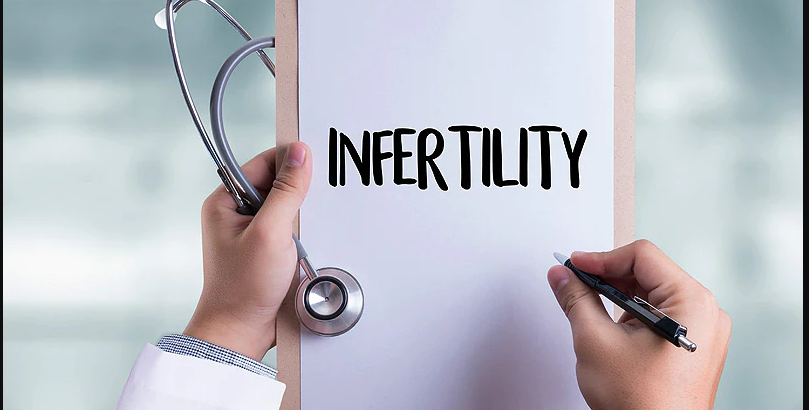Globally, there are more than 80 million people with infertility. However, the rates vary among different countries. It’s pertinent to know that infertility is not a disease but its impact can affect people’s lives in various ways including psycho-emotional disorders or consequences such as anxiety, guilt, depression, frustration, and feeling of hopelessness and worthlessness.
Infertility is a major life event that brings about psychological and social problems among couples, which can also result into situational crisis including: financial challenges, emotional drain, physical pain and psychological threats most of the time. According to W.H.O., everyone has the right to a standard physical and mental health, but infertility takes these heavy toll on couple’s mental health and their way of life.

As a couple, men and women can react to this situation differently. Some studies have shown that couples with infertility experience significant anxiety and emotional stress, especially when a round of infertility treatment proves to be unsuccessful. However, women are often perceived to suffer more from the negative social impacts of infertile on couples, whether they are infertile or not. This is because women frequently go through social stigma, depression, anxiety, stress, violence, divorce and low self-esteem caused by infertility, even suicidal thoughts in some extreme cases. Furthermore, studies also showed that the incidence of depression in the female gender is significantly higher and this can be due to peer and family pressure, followed by anxiety which has been shown to be immensely high among couples with infertility.
ART Treatment means Assisted Reproductive Technology Treatment
For instance, using the ART Treatment, with each passing monthly cycle the women undergo, it comes with a roller coaster of emotions such as guilt, sadness, anger, and sense of hopelessness. These could be worsened each time a friend or any family member announces their own pregnancy or child birth. Basically, the thought of not procreating after so many attempts, coupled with pressure from the family and friends contribute greatly to their mental health, which is properly evaluated before commencing any ART treatment. This is because it can affect the outcome of treatment as well.
Another aspect affected by infertility is religion, as a number of these patients explore religious and spiritual assistance while they grapple with the feelings of neglect from God. In this process, some might lose their faith. The financial aspect is also another area of immense anxiety which takes a lot of consideration. This is majorly because the medical treatment and process of getting pregnant for couples with infertility is expensive. Hence, some struggle to pay for these medical treatments, are unable to make their frequent needed medical visits in the process of getting pregnant, which eventually leads to failed treatments and the vicious cycle of impacts continues.

Also, during this process, some couples may eventually experience difficulties in maintaining their source of income and paying for their health services, while some may quit or take a break pending the time they are financially stable to undergo another treatment cycle. All these associated with frustration and failure, causes them to lose emotional connection. In such a way that, sexual intercourse becomes less spontaneous, as it is only focused on procreation rather than recreation.
How can professionals help?
The best approach is to adopt the psychotherapy framework before commencing any form of ART treatment. Managing the psychological aspect of patients is a multidisciplinary approach and this will help the mental state of any patient undergoing infertility treatment. This requires a mental health professional or a fertility doctor with the knowledge of mental health and wellbeing. These professionals must be able to communicate effectively with couples, develop an understanding of the types of infertility counselling and implement them effectively.
Communication and interpersonal skills are the mainstay approach of helping a couple through the sequence of stress that infertility inflicts on the marital and non-marital relationship.
Fertility doctors and mental health professionals are instrumental and monumental in guiding couples through grief, loss and helping them confront their numerous possible medical decisions.

About Author:
Dr. Shote Olaitan B. is a Fertility Physician at Medical Art Center. A proficient Doctor with vast knowledge about different stimulation protocols for the management of patients undergoing assisted reproductive technology treatment and expertise in oocyte retrieval, Embryo transfer and Hysterosonogram.



